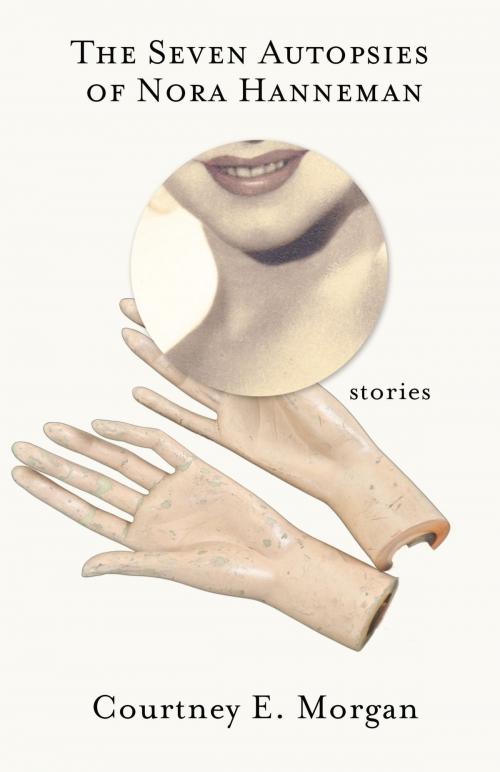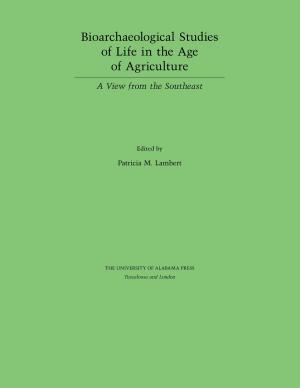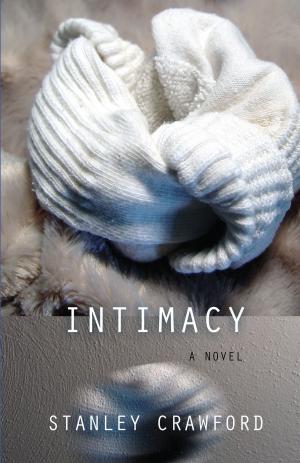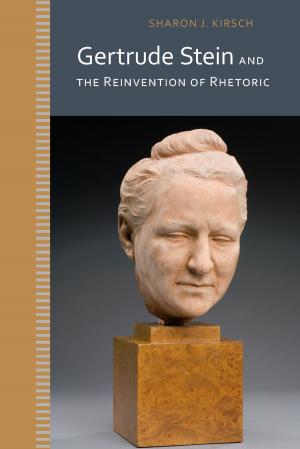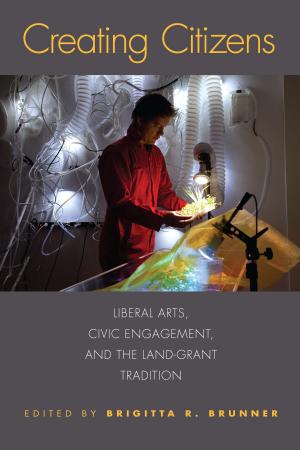| Author: | Courtney E. Morgan | ISBN: | 9781573668705 |
| Publisher: | University of Alabama Press | Publication: | March 7, 2017 |
| Imprint: | Fiction Collective 2 | Language: | English |
| Author: | Courtney E. Morgan |
| ISBN: | 9781573668705 |
| Publisher: | University of Alabama Press |
| Publication: | March 7, 2017 |
| Imprint: | Fiction Collective 2 |
| Language: | English |
The nineteen stories in The Seven Autopsies of Nora Hanneman track the splintered trajectory of the title character, tracing a chicken-scratch line of psychosexual development from childhood to old age.
In unfamiliar and sometimes bizarre narrative turns, the stories in Courtney E. Morgan’s The Seven Autopsies of Nora Hanneman traverse the gamut of female/human experience, both grounded in reality and in the irreal. Two schoolgirls culminate their sexual exploration in a surreal act of cannibalism. A sister molds her dead brother’s body into a bird. A woman gives birth to balls of twine and fur (among other things). A sex worker engages a version of herself in a brothel of prostituted body parts.
Morgan tears apart a host of archetypes and tropes of femininity—dismembering them, skinning them, and then draping them one by one over her characters like fur coats—revealing them as ill-fitting, sometimes comedic, sometimes monstrous, and always insufficient, masks. Along with these skins of the cultural “feminine,” the collection tries on an array of genres—dissecting, mutating, and breeding them together—from fairy tale to horror, surrealism to confessional (non)fiction, and erotica to (un)creation myth.
The book weaves around questions of sexuality, identity, and subjectivity. Mutability, instability, and liminality are foregrounded, both in content and form, character and language—blurring the lines between birth and death, death and sex, tugging at the transitional spaces of adolescence and gestation. Even as its treatment is essentialized, gender is muddied and obscured. Morgan shows off her linguistic range in this collection, from sharp-as-nails prose to lyrical moments of poetic reach—probing the extremes of the human condition through both narrative line and language itself.
The nineteen stories in The Seven Autopsies of Nora Hanneman track the splintered trajectory of the title character, tracing a chicken-scratch line of psychosexual development from childhood to old age.
In unfamiliar and sometimes bizarre narrative turns, the stories in Courtney E. Morgan’s The Seven Autopsies of Nora Hanneman traverse the gamut of female/human experience, both grounded in reality and in the irreal. Two schoolgirls culminate their sexual exploration in a surreal act of cannibalism. A sister molds her dead brother’s body into a bird. A woman gives birth to balls of twine and fur (among other things). A sex worker engages a version of herself in a brothel of prostituted body parts.
Morgan tears apart a host of archetypes and tropes of femininity—dismembering them, skinning them, and then draping them one by one over her characters like fur coats—revealing them as ill-fitting, sometimes comedic, sometimes monstrous, and always insufficient, masks. Along with these skins of the cultural “feminine,” the collection tries on an array of genres—dissecting, mutating, and breeding them together—from fairy tale to horror, surrealism to confessional (non)fiction, and erotica to (un)creation myth.
The book weaves around questions of sexuality, identity, and subjectivity. Mutability, instability, and liminality are foregrounded, both in content and form, character and language—blurring the lines between birth and death, death and sex, tugging at the transitional spaces of adolescence and gestation. Even as its treatment is essentialized, gender is muddied and obscured. Morgan shows off her linguistic range in this collection, from sharp-as-nails prose to lyrical moments of poetic reach—probing the extremes of the human condition through both narrative line and language itself.
